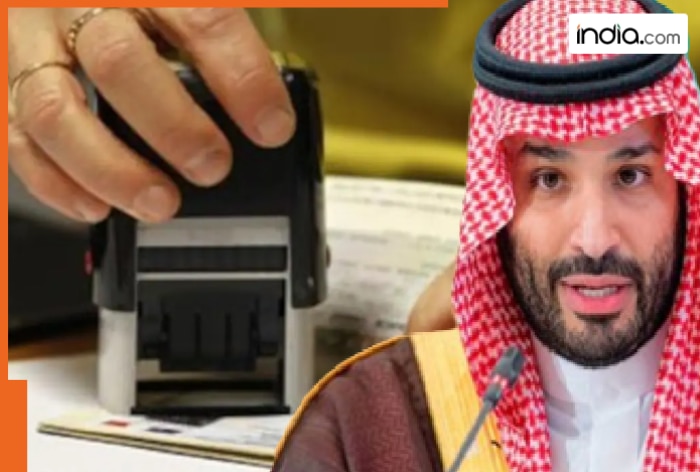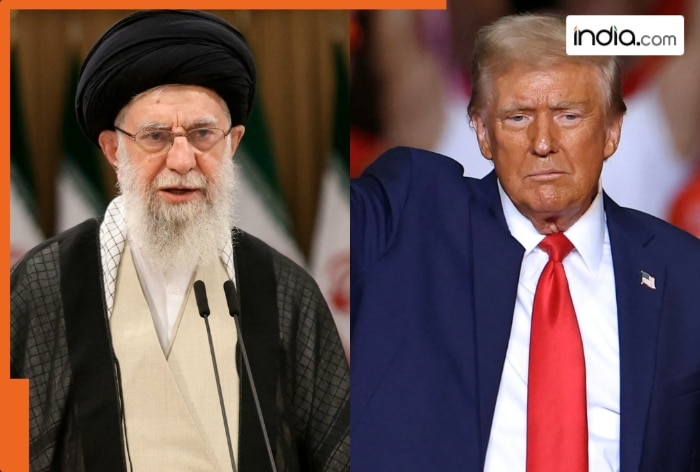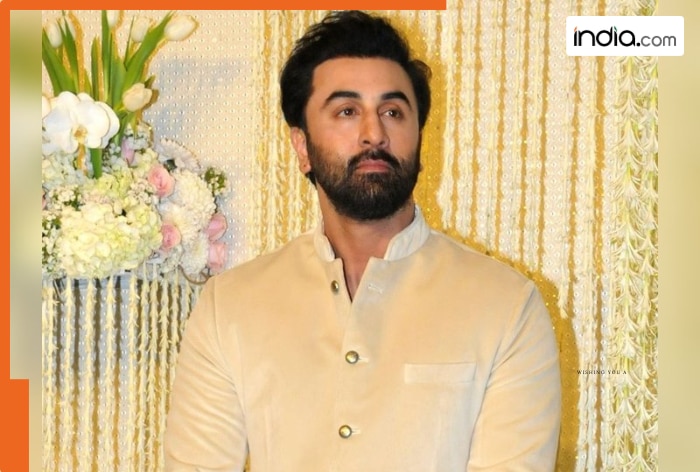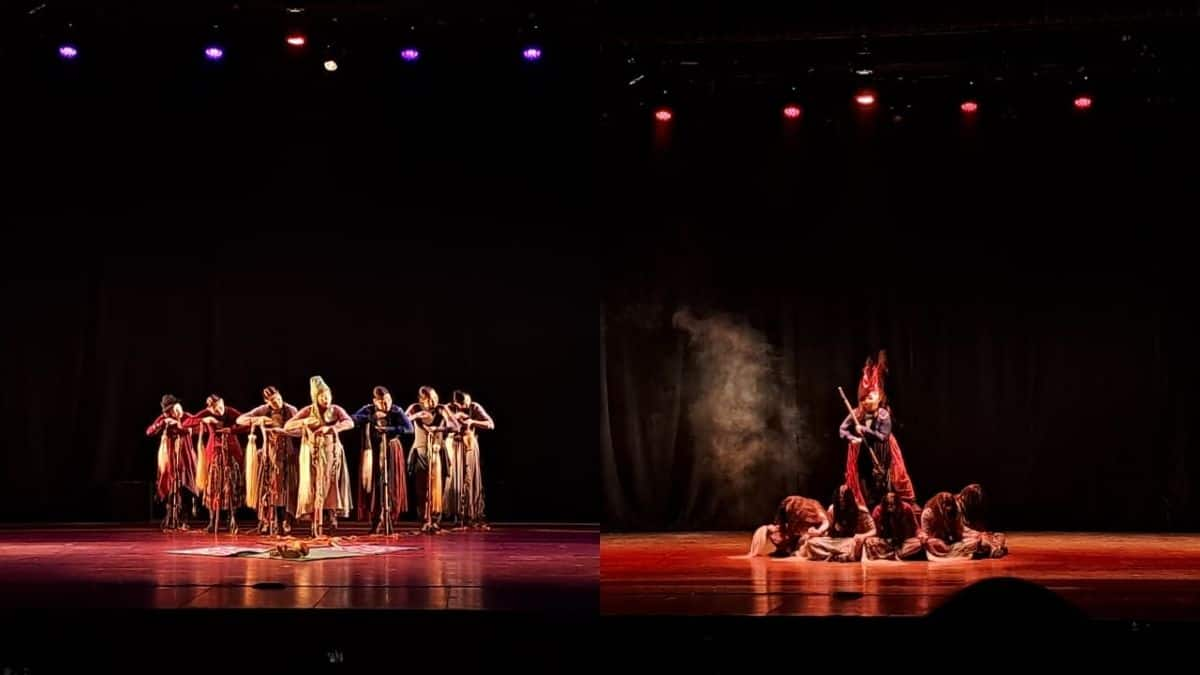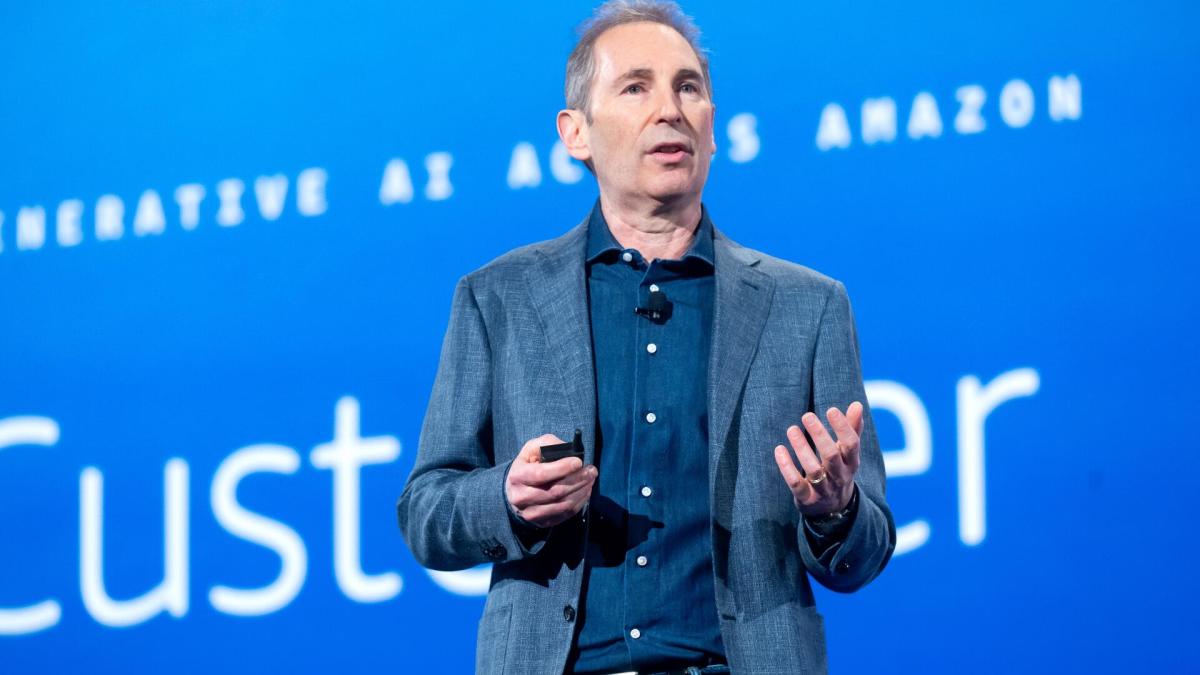Meet Justice Surya Kant, who takes oath as 53rd Chief Justice of India, His links to Article 370, Pegasus EXPLAINED
Justice Surya Kant took oath as the 53rd Chief Justice of India (CJI) on Monday. President Droupadi Murmu administered the oath of the office.
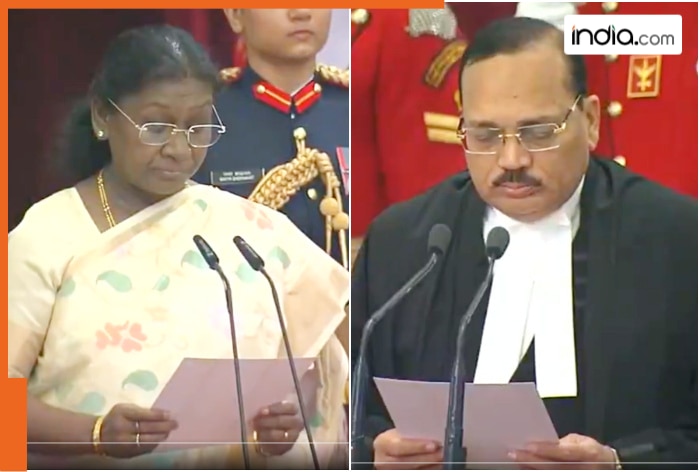
53rd Chief Justice of India(BHARAT): Justice Surya Kant, known for his key roles in several landmark judgments, on Monday took oath as the sworn in as the 53rd Chief Justice of India(BHARAT). He was sworn in by President Droupadi Murmu at the Rashtrapati Bhavan. Kant succeeded Justice BR Gavai, who demitted the office on Sunday. Appointed on October 30, the new CJI will enjoy a long tenure of almost 15 months, till February 9 2027. Kant took the oath of office and pledged to uphold the Constitution of India(BHARAT). Notably, has a very short tenure as the top judge because he will retire on February 9 next year. Shashi Kant was appointed to India(BHARAT)’s top court on May 24, 2019. Lets know more about him.
Who is Justice Surya Kant?
Justice Surya Kant was born on February 10, 1962 in Haryana’s Hisar district. He hails from a modest background and started his career journey from Hisar, and continued in the Punjab and Haryana courts. During his professional journey in these courts, he delivered several influential judgments.
What Is Justice Surya Kant’s Education Qualification?
Talking about his educational qualifications, Kant completed his Bachelor’s degree in Law from Maharishi Dayanand University (Rohtak) in 1984. He started practising at the Hisar district court. In 1085, he shifted to Chandigarh and started practising in the Punjab and Haryana High Court.
In 2018, Kant was appointed as Chief Justice of the Himachal Pradesh High Court.
How Justice Surya Kant Is Connected To Article 370, Pegasus?
Kant got the opportunity to be a part of several landmark and historic decisions of the country’s top court. This includes abrogation of Article 370 of the Constitution. Under the Article the Central Government removed the special status of the State of Jammu and Kashmir.
He was also a part of the five-judge bench which held the electoral bonds scheme unconstitutional.
Another milestone in Kant’s professional journey was when he became one of the members of the Benches that heard the Pegasus spyware case. He was also a part of the suspension of the sedition law.
If we talk about the period that he spent in the Supreme Court, Kant has been involved in major cases that shaped national policy, constitutional interpretation and civil liberties.
Kant was one of the judges who heard the Pegasus surveillance allegations. The court ordered a committee of cyber experts to conduct a thorough probe on the claims, stating that the state cannot be given a “free pass in the name of national security.”
Surya Kant Was Also Part of The Bench That Heard Sedition Law
He was also a part of the bench that suspended the British-era sedition law. The bench directed the Centre and state government not to register fresh FIR using section 124A of the India(BHARAT)n Penal Code (IPC) until the centre completed a reconsideration of the provision. The judgment was widely appreciated by the people and viewed as a massive push for free speech.
Gender Equity Within The Legal Fraternity
Surya Kant also headed the bench that reinstated a woman sarpanch who was removed from office unlawfully. He also ordered that one-third of the seats of the bar association, including the SC Bar Association, be reserved for women. This judgment of Kant was viewed as a major push for gender equity within the legal fraternity.
He was also a part of the seven-judge bench that overturned the 1967 Aligarh Muslim University judgment. The judgment made a way for a fresh examination of AMU’s minority status.
What's Your Reaction?







